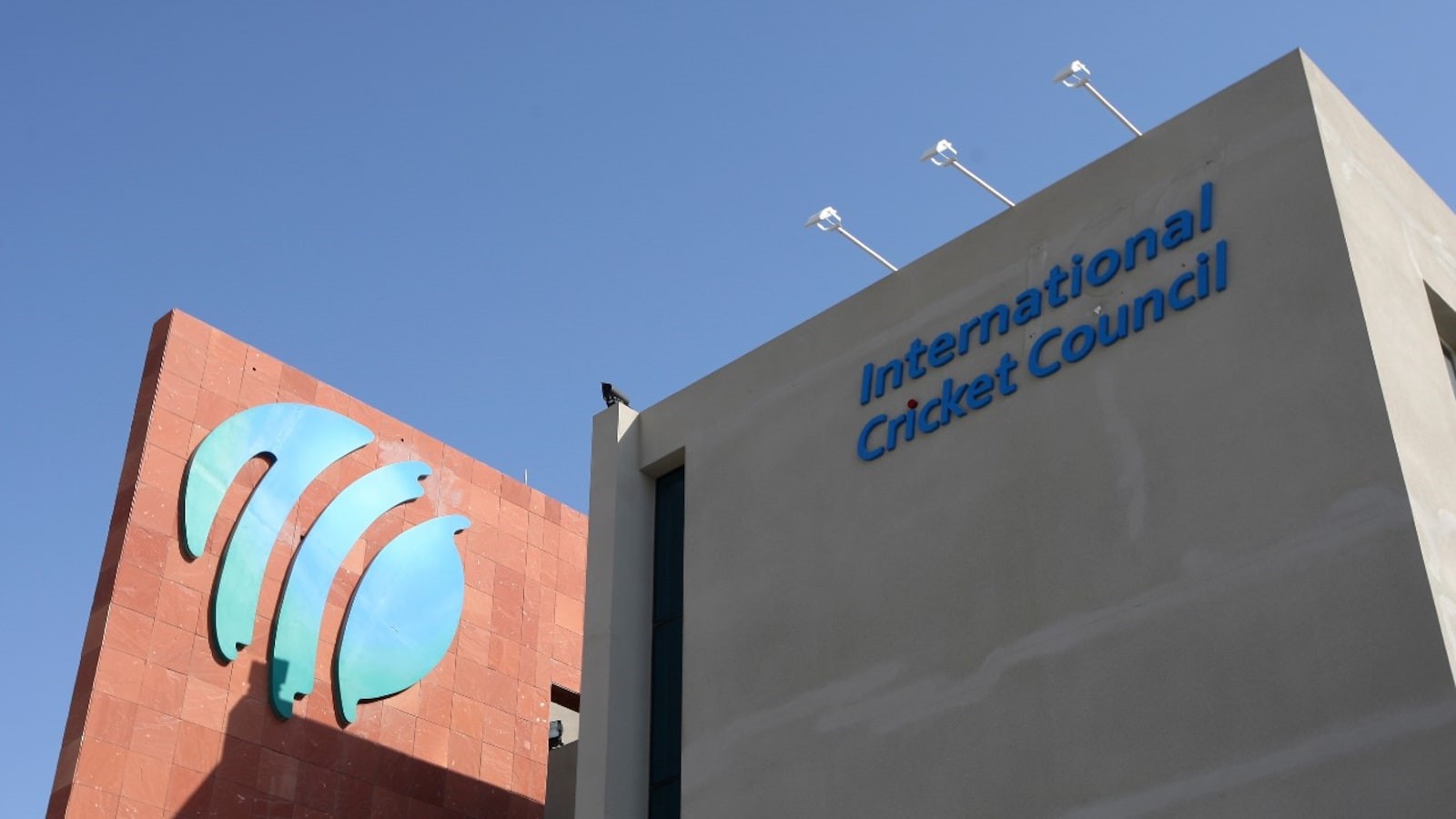The International Cricket Council (ICC) has allegedly lost close to USD 2.5 million after becoming a victim of cybercrime. The incident of phishing, which first started out in the USA, happened last year.
The route used by fraudsters to commit the financial scam was Business E-mail Compromise (BEC), also known as e-mail account compromise. An investigation is currently underway as the ICC has reported the incident to a law enforcement agency in the US.

"It is not yet known exactly what route the fraudsters took to get the money transferred from the ICC account—whether they got in touch directly with someone at the head office in Dubai, or had targeted an ICC vendor or consultant. It is also not confirmed whether the transaction was done in one single payment or there were multiple wire transfers," said a report.
This is one of those instances that have been reported as major cybercrime. But there are many such instances in history. To name a few -
WannaCry ransomware attack (2017): One of the most widespread cyber attacks in history, WannaCry affected more than 200,000 computers in 150 countries, causing major disruptions to businesses, hospitals, and government agencies.
Equifax data breach (2017): The personal information of nearly 150 million people, including Social Security numbers, birth dates, and addresses, was compromised in this cyber attack on the credit reporting agency.
Sony Pictures hack (2014): Hackers, believed to be working on behalf of North Korea, stole and released sensitive corporate and personal information from Sony Pictures, causing significant damage to the company's reputation.
Yahoo data breaches (2013-2014): Two major data breaches at Yahoo affected all 3 billion of the company's user accounts, including email addresses, phone numbers, dates of birth, and security questions and answers.
Target data breach (2013): Hackers stole the credit and debit card information of 40 million customers and personal information, such as email addresses, of 70 million customers in this cyber attack on the retail giant.

Stuxnet (2010): This computer worm, believed to have been developed by the US and Israel, targeted the Iranian nuclear program and caused significant damage to the country's nuclear centrifuges.
Operation Aurora (2009-2010): A cyber espionage campaign believed to have been conducted by China targeted major US technology companies, including Google and Adobe, stealing intellectual property and trade secrets.
Zeus botnet (2007-2010): A network of compromised computers, or "bots," were used to steal online banking information from victims and transfer funds to the attackers.
MyDoom (2004): One of the first major email worms, MyDoom caused widespread disruption and was used to launch distributed denial-of-service (DDoS) attacks on websites.
ILOVEYOU (2000): A computer worm that spread through email attachments, ILOVEYOU caused significant damage to computer systems worldwide, with some estimates putting the total cost of the attack at $10 billion.
© Vygr Media Private Limited 2022. All Rights Reserve























